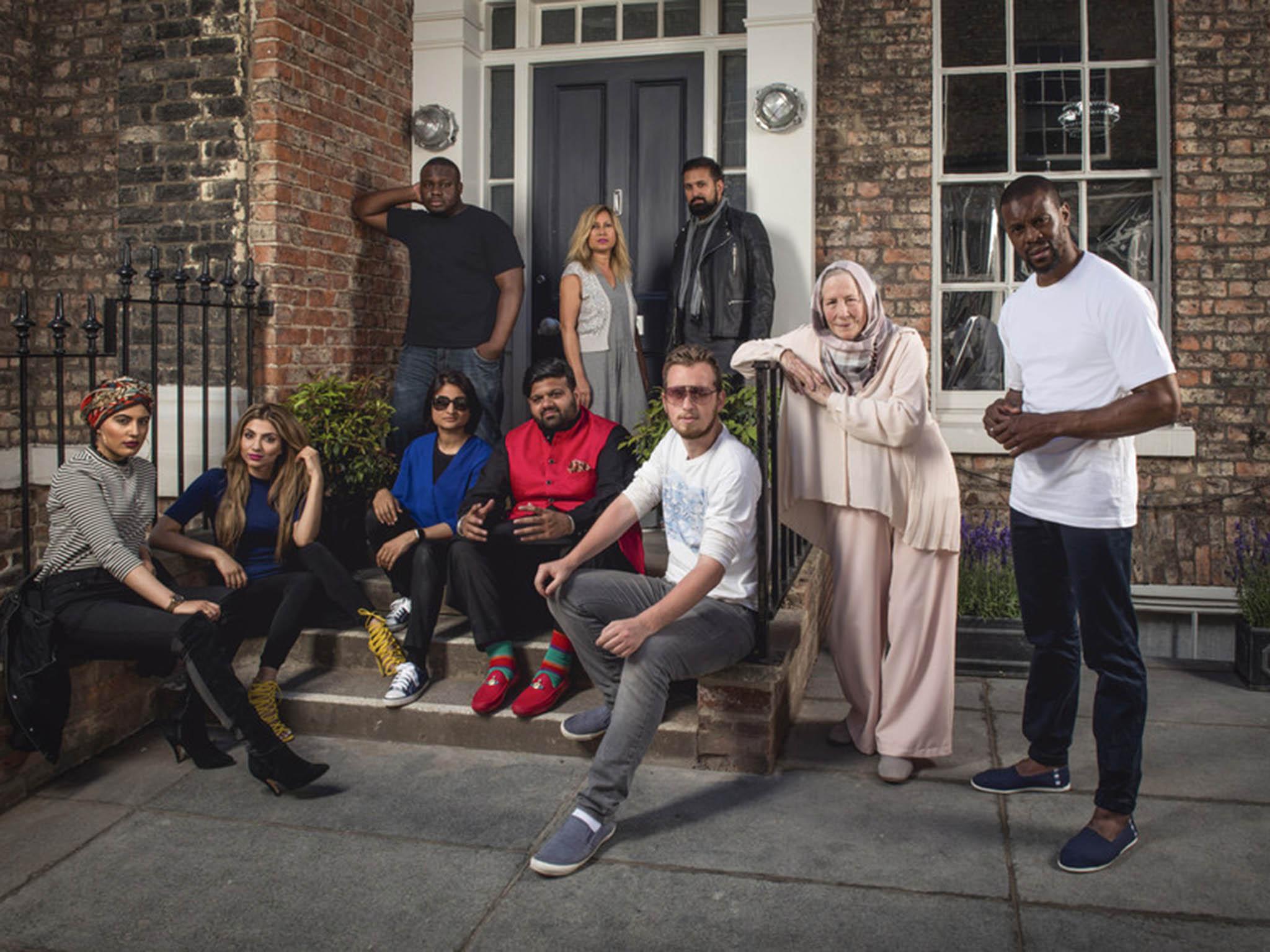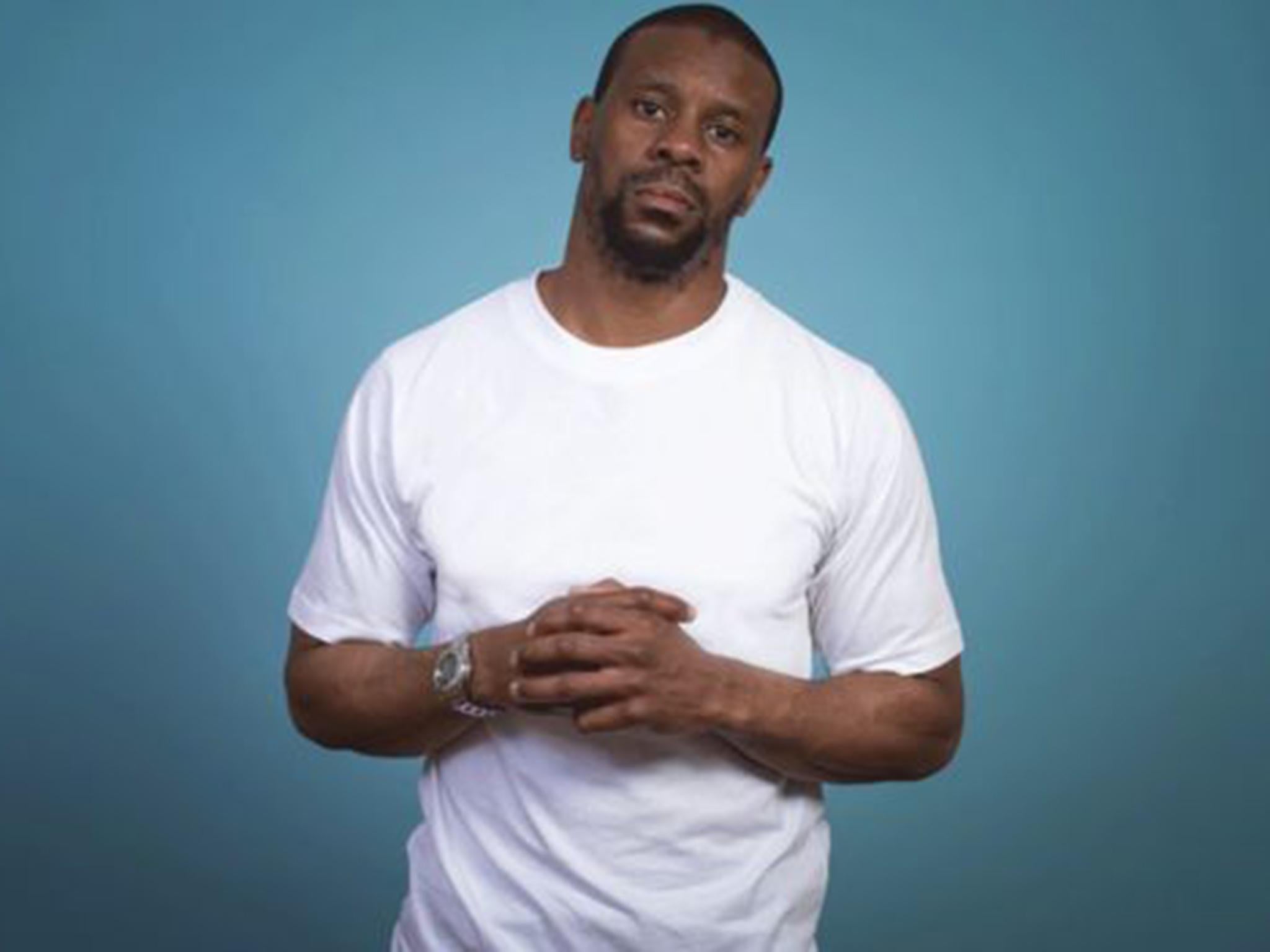Muslims Like Us is more Geordie Shore than a real challenge to stereotypes
Reality television is never going to properly portray the true experiences of Muslims in Britain

Your support helps us to tell the story
From reproductive rights to climate change to Big Tech, The Independent is on the ground when the story is developing. Whether it's investigating the financials of Elon Musk's pro-Trump PAC or producing our latest documentary, 'The A Word', which shines a light on the American women fighting for reproductive rights, we know how important it is to parse out the facts from the messaging.
At such a critical moment in US history, we need reporters on the ground. Your donation allows us to keep sending journalists to speak to both sides of the story.
The Independent is trusted by Americans across the entire political spectrum. And unlike many other quality news outlets, we choose not to lock Americans out of our reporting and analysis with paywalls. We believe quality journalism should be available to everyone, paid for by those who can afford it.
Your support makes all the difference.In my filter bubble, the diversity of Muslims in Britain is already a given. It certainly doesn’t merit a two-part “constructed documentary” that brings ten Muslims with a liquorice all-sorts of dispositions together in one house, complete with camera crew and a producer who asks questions periodically to provoke interesting television. But my bubble, as 2016 keeps reminding me, is not the only bubble.
Muslims Like Us wears its social importance like an ironic t-shirt slogan: many people in Britain are still uncomfortable with Muslims, and the programme is handcrafted to challenge stereotypes and make people think again.
This challenge is delivered using the factual entertainment format or, as it is still known despite the term’s limitations, “reality television” – though “reality” it is not. There is no reason for this group to come together in this way except that they have been invited to do so. The show has been labelled “Muslim Big Brother”, but that is only one venerable example, and Muslims Like Us lacks its competitive quality.
The elegant euphemism “structured reality” describes what programmers are up to; dubbing it “Muslim Geordie Shore” might better capture both the extremity and banality of the programme.
No extremes please, we’re British
The extreme is indeed on the menu in the house. Most advance press hinged on the decision to include Abdul Haq, a convert and former boxer who spent time with convicted hate preacher Anjem Choudary. Abdul Haq tells the camera in the first episode that if the Home Office hadn’t seized his passport, he’d be in Syria right now.
Cue the outrage: why give this non-violent extremist the oxygen of publicity? Defending, producers said Abdul Haq is not the only one to hold the view, and it would distort current debates not to include someone like him. Does Abdul Haq represent one tenth of Muslims in Britain? No, but the purpose is to demonstrate a range, not to satisfy a representative logic.
Abdul Haq comes into the house armed: he has leaflets outlining scriptural justifications for his expectations, such as no free-mixing between the sexes (a belief he displays at the opening of the first episode by presenting print outs of his interpretations of sayings from the prophet Muhammad to two of the women entering the house, sitting at the other end of the room, not making eye contact with them). He has a banner and leaflets for a da’wah stall. But then, all the participants come armed. Naila comes with tank tops and plans for a night out at the karaoke bar. Ferhan comes with a beard brush and an awkwardly delivered script about being gay.
If Abdul Haq is provocative, so is Nabil with his jacket supporting war against terror organisation CAGE and the Black Lives Matter t-shirt he wears as he calls the house to prayer. Certain viewers will be upset by these various displays. But they aid the performance: they signal how each resident has cast herself or himself for the cameras.
Though each resident has a measure of agency, editing puts control back in the producers’ hands. Whether it was deliberate or felicitous timing, the first person we meet is school teacher Mehreen with lavender nails and strappy yellow heels, and she is shortly joined by Abdul Haq. Throughout the first episode, they appear wary of and indignant to each other. They are the oil and water of the programme, and a reductive reading of Muslims Like Us suggests we are meant to choose between them.

Watch Apple TV+ free for 7 days
New subscribers only. £8.99/mo. after free trial. Plan auto-renews until cancelled

Watch Apple TV+ free for 7 days
New subscribers only. £8.99/mo. after free trial. Plan auto-renews until cancelled
In the intense second episode, clusters gather around them. Mehreen positions herself “in the middle” between groups that are either “clear-cut” or unsure of where the boundaries lie between halal and haram. But the people she gravitates to after a truly ridiculous fight triggered by onions are the “liberal” ones, the ones who hug freely.

Unfortunately, this reading places the rest of the residents in the “orthodox” camp with Abdul Haq – who earlier in the episode condemned all Shi’a as “five-star grade-A kuffar” – an aggressive term for a non-believer. When Zohra, sitting across the table from him, says that her father’s friend was killed in a massacre at a mosque by people who shared that opinion, Abdul Haq weasels his replies, ultimately refusing to condemn sectarian killing. It was a genuinely shocking scene in an uncomfortable but often predictable programme. No one shared his views, and several intervened.
Artificial life
So, better not to see Muslims in Britain as occupying one of two binary positions. They don’t. Nabil is accused of male privilege for dominating conversations, but he accuses Saba of white privilege for denying him the chance to speak about racism. Baraa tries to have a dialogue with a young man who says he’s part of the English Defence League outside a karaoke club, yet he doubts the compatibility of Ferhan’s sexuality and his faith. There is not one Islam or two Islams but ten, and that’s just in one house in York.
This was the producers’ intent – this, and to display Muslims condemning extreme views. To that end, job done, but the vehicle leaves much to be desired. The artificiality of the enterprise contradicts the pose that the programme is a window into authentic Muslim lives.
This is most apparent with the introduction of four non-Muslims. The staged encounters exacerbate tensions in a house full of people weary from fighting their corner in front of the cameras.
The presentation of their presence also undermines the project’s stated aim. The narrator relates that “the locals arrive for their second day of exploring the British Muslim experience”, but there is no single British Muslim experience. It may be that their impression, suggested on camera and reflected by many viewers on Twitter, is of a house full of people shouting. That’s not very British, is it? It is rather Geordie Shore, though.
This article first appeared on The Conversation (theconversation.com). Michael Munnik is a lecturer in social science theories and methods, at Cardiff University
Join our commenting forum
Join thought-provoking conversations, follow other Independent readers and see their replies
Comments